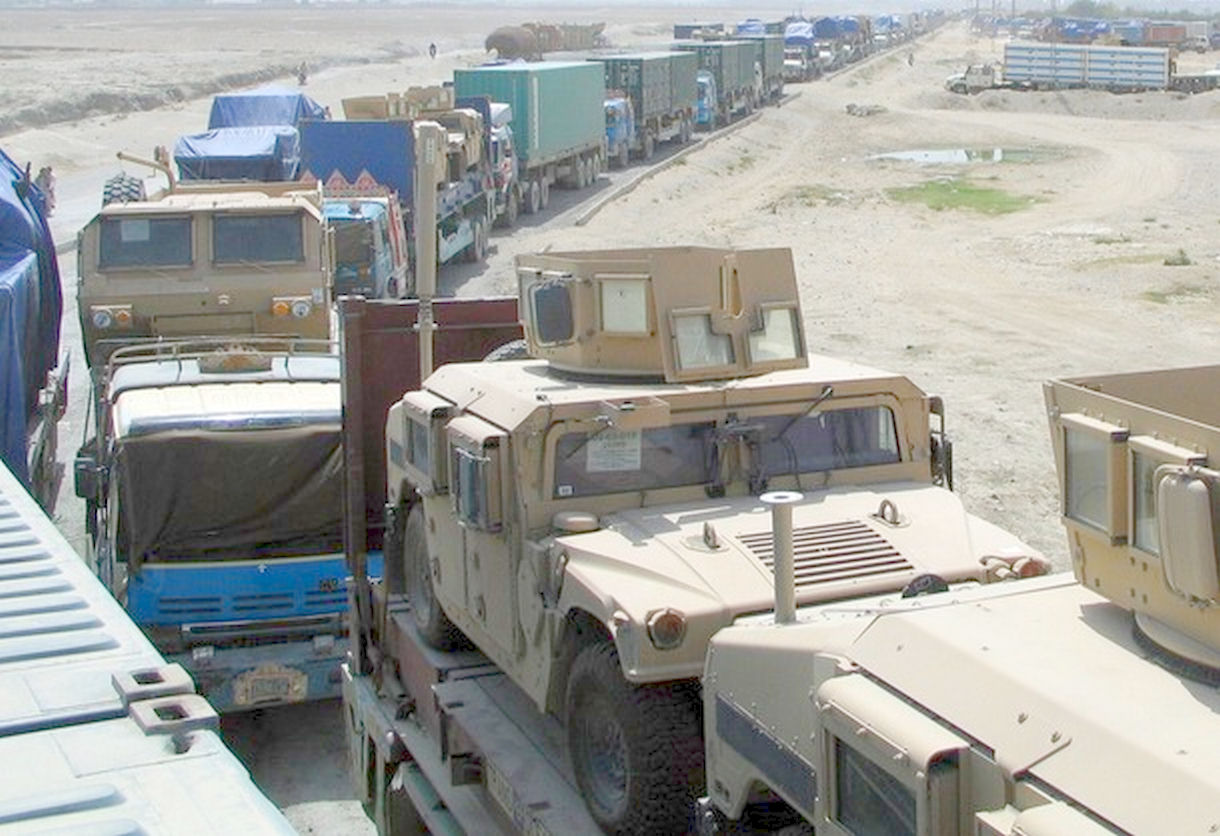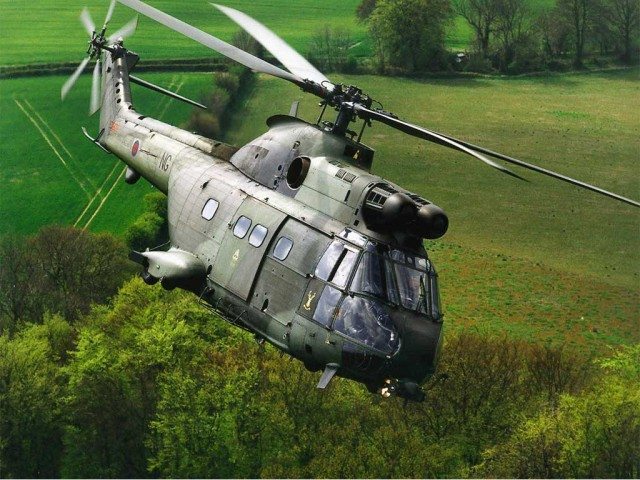Pakistan said Wednesday it had ordered officials to finalize an agreement as quickly as possible on lifting a six-month blockade on overland NATO supplies into war-torn Afghanistan.
Islamabad has stopped short of announcing when the transit lines will reopen, but has signaled President Asif Ali Zardari will attend key talks on Afghanistan in Chicago on May 20-21, after a last-minute invitation from NATO.
The country shut its Afghan border crossings to NATO supplies on November 26 after US air strikes killed 24 Pakistani soldiers.
As a result, Pakistani-US relations — already frayed by the US raid that killed Osama bin Laden — plunged into their worst crisis since Islamabad joined the United States in the war on Al-Qaeda after 9/11.
Now Pakistani and US officials are locked in talks to finalize a deal on again allowing thousands of trucks and oil tankers to carry non-lethal supplies from the southern port city of Karachi to landlocked Afghanistan.
Asked if there was any deadline for the talks, Information Minister Qamar Zaman Kaira said: “There is no deadline. All departments have been asked to conclude their negotiations in the quickest possible time.”
The cabinet on Wednesday welcomed NATO’s invitation to Zardari, clearing the way for him to travel to the summit, and it is thought unlikely he would be willing to risk the wrath of Western leaders if the supply lines have not been restored.
By going to Chicago, Pakistan hopes to ease its international isolation and boost its leverage over the future of Afghanistan, as Western countries pull out their combat forces by 2014.
But Islamabad has essentially been forced to climb down on demands for an American apology for the air strikes and an end to drone strikes targeting Taliban and Al-Qaeda on its soil.
Sources familiar with the talks say transit fees for the vehicles are the main sticking point and the border will probably reopen by early next week. Islamabad is looking to more than double the payments, which could earn the country up to $1 million a day.
Prime Minister Yousuf Raza Gilani advised against “emotional decisions, which do not augur well for us in the long run”.
He told the cabinet that relations with NATO and the United States were at “a delicate phase where we need to take critical decisions” for Pakistan’s “strategic importance” in the region and in its national interest.
Analysts say Pakistan had no choice but to capitulate to international pressure to reopen the border, with US cash needed to help boost its meagre state coffers as the government prepares to seek re-election.
The State Department welcomed the progress made in talks on reopening the transit lines and praised “helpful and positive political statements” from Pakistan.
But there were “a number of technical issues that we are still working through”, spokeswoman Victoria Nuland added, without saying where stumbling blocks remained.
She said both the US and Pakistan recognized the urgency of lifting the blockade “but the negotiators have to finish it.”
But the Pakistani government is likely to face an angry backlash over the U-turn from opposition, right-wing and religious parties keen to exploit rampant anti-American sentiment in an election year.
Nor is lifting the blockade likely to solve other problems in the relationship between Pakistan and the United States.
American officials remain deeply distrustful of Pakistan, whose territory is used by Taliban and other Afghan insurgents who have been fighting US troops for more than a decade.
Pakistan is still smarting from the American raid that killed bin Laden last year and deeply resents American calls to do more to clamp down on militant safe havens.
The United States has made increasing use of other routes into Afghanistan and the Pakistan supply routes now constitute as little as 25 percent of what NATO needs to sustain itself.
The United States has guaranteed payment of at least $1.1 billion should the borders reopen as compensation for fighting militants, although Pakistan believes it is owed far more, one source said.











